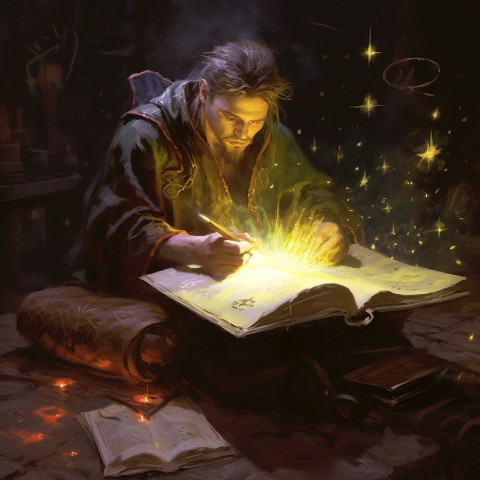
The Return of the Write Spell - A Nostalgic Callback or Unnecessary Complexity?
Playtest adds Scribe Spell to handle wizard scribing, a throwback to Write, but the author argues it adds fiddly complexity without real payoff.

Playtest adds Scribe Spell to handle wizard scribing, a throwback to Write, but the author argues it adds fiddly complexity without real payoff.
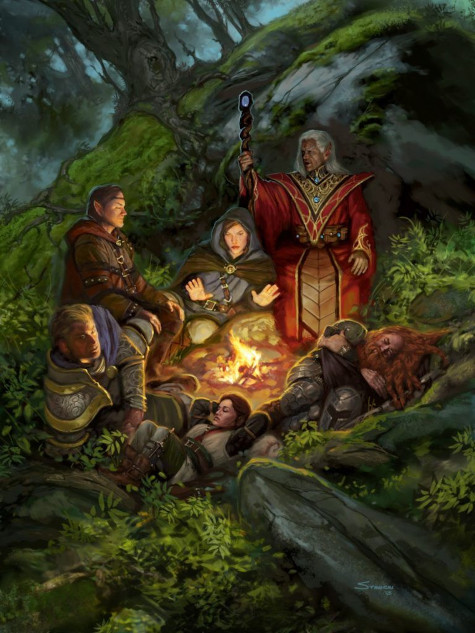
A streamlined injury system for 5e applies level-based penalties to rolls and save DCs, with rest, medicine, and magic for recovery plus DM guidance.
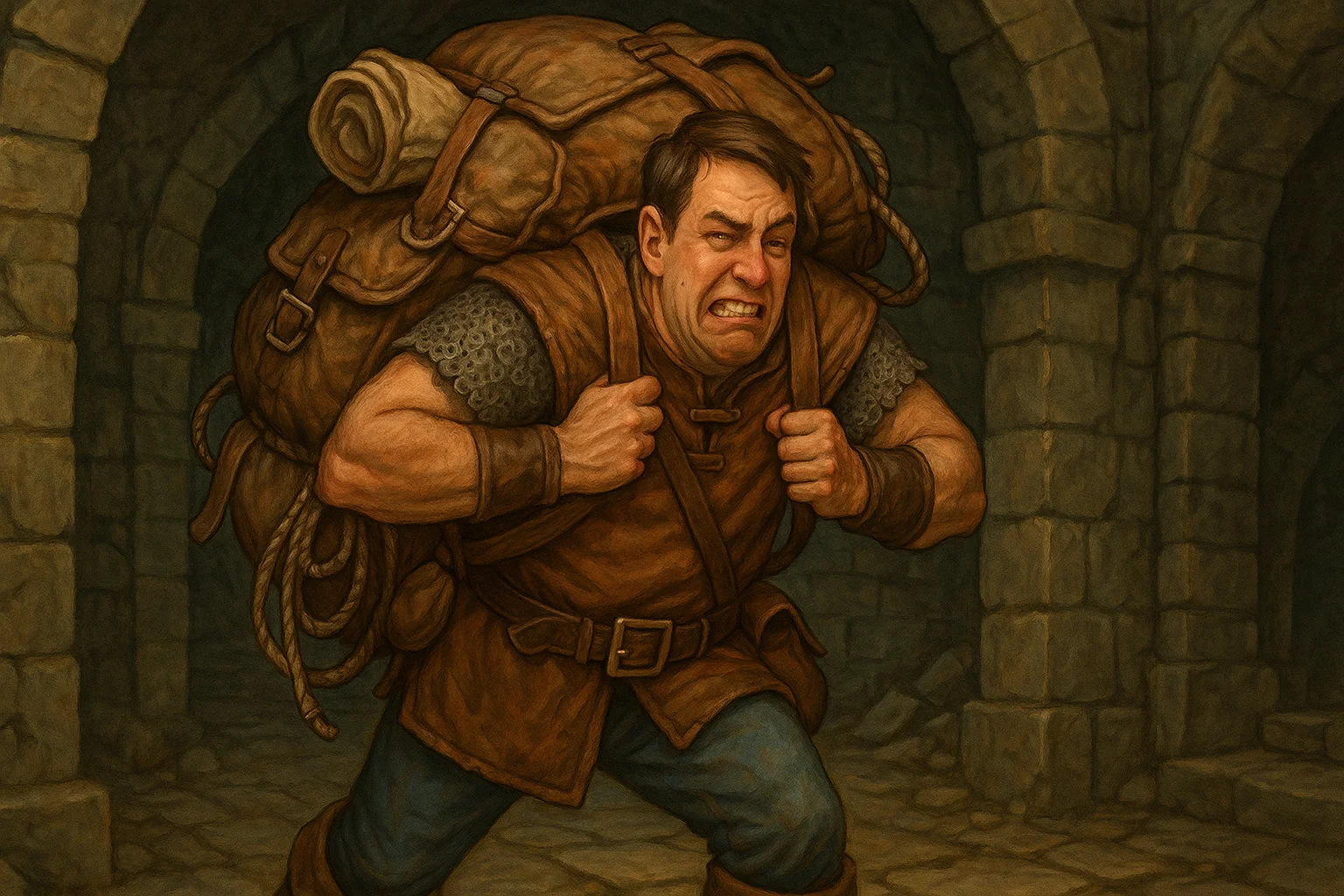
The latest D&D 5E errata drops racial alignment, inviting more inclusive, nuanced characters and worlds shaped by players and DMs.
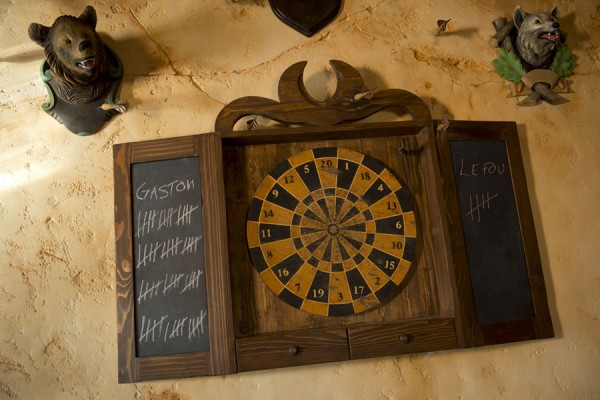
Add a tavern darts mini-game to your D&D sessions using two d20s for segment and ring, with ranged attack bonus to tweak rolls and score doubles and bulls.
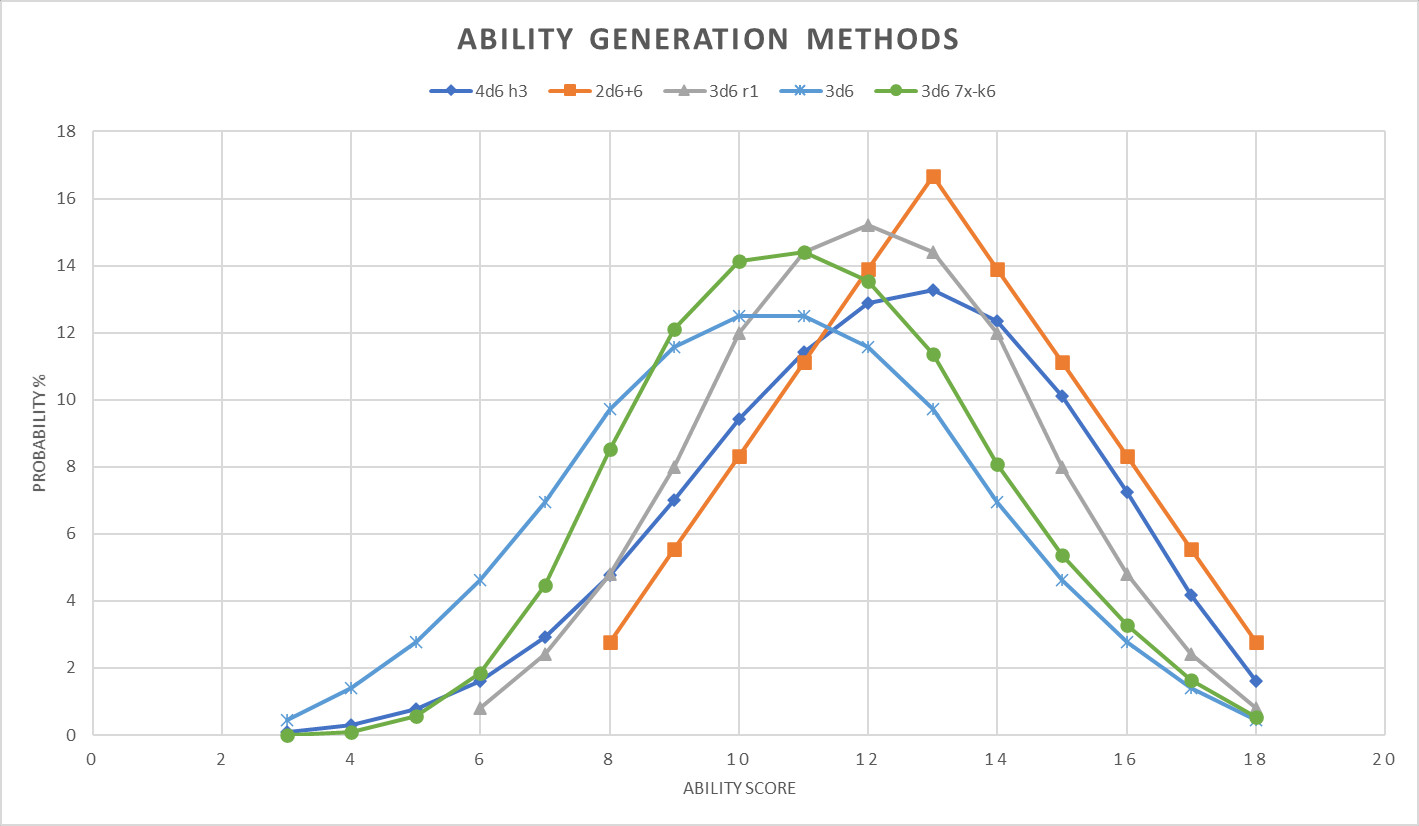
An overview of popular random stat methods in 5e, their probability ranges, effects on bounded accuracy, and advice for group buy-in.
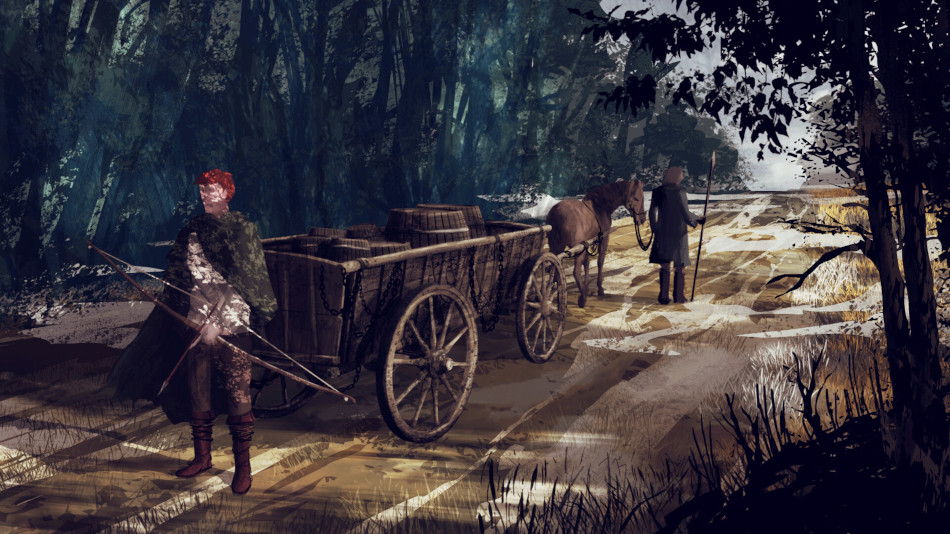
Turn overland travel into engaging play with clear roles—Forage, Guide, Scout, and Ward—plus terrain DCs, party synergies, and encounter-focused pacing.
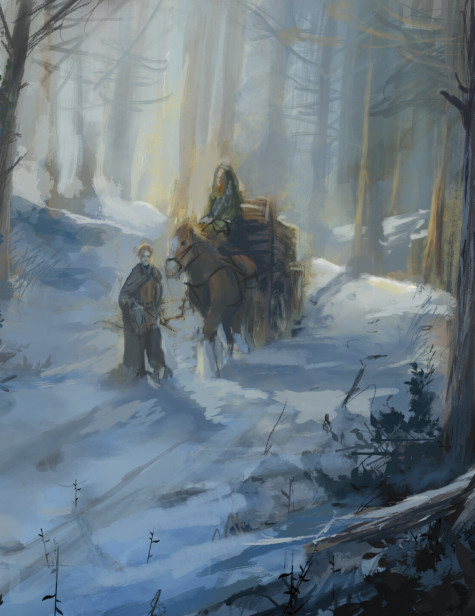
This post offers simple travel rules for 5e: havens-only long rests, base camps, improved sleep and meals, and terrain-based pacing to enliven exploration.
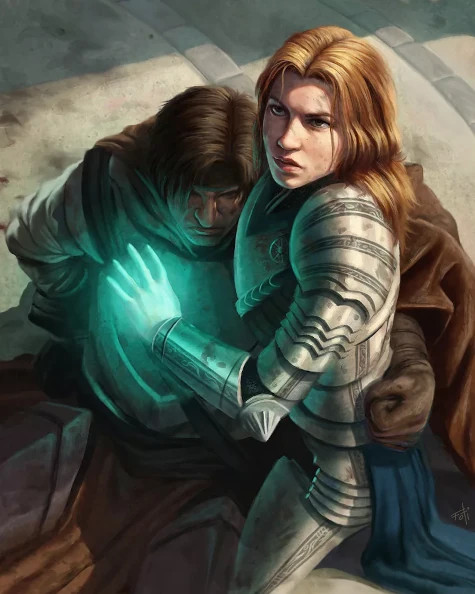
Tie magical healing to the recipient’s Hit Dice to cap recovery, keep injuries meaningful, and free healers from heal-bot duty in gritty 5e.

House rules for 5e shift healing to Hit Dice recovery, emphasize attrition, resource management, and conditions, with guidance for campaigns.
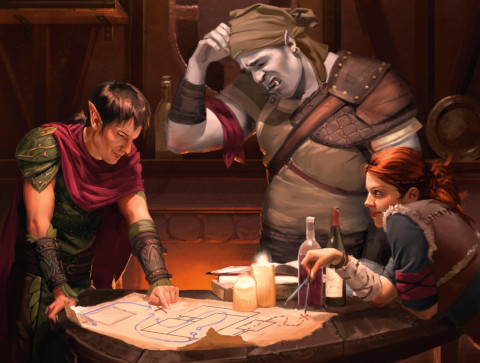
Explains correct dice averages and why character and monster health is computed differently, with examples and a simple leveling house rule.